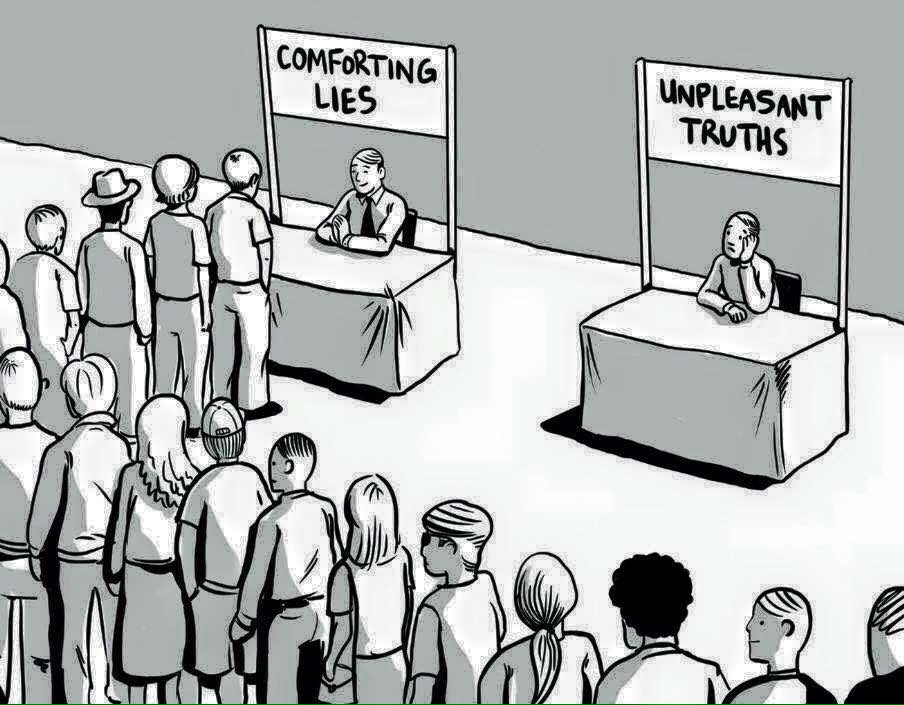- Joined
- Sep 8, 2015
- Messages
- 1,478
- Reaction score
- 2,219
I am curious to hear people's thoughts about APA and its role in social justice/advocacy (and in representing its constituents across the country), or does APA essentially just reflect personal/professional interests (i.e. prestige, power)?
When I attended my first and only APA conference a few years back, I went to a gathering of Division 17 and watched in awe as professionals and graduate students networked for professional gain. In addition, I noticed that those in my grad program who involved themselves most heavily in APA graduate leadership positions were the most driven toward prestige and recognition in their careers. Essentially, it seemed to me that APA was about image, not substance. Perhaps my experience was an exception rather than the norm? I'd be curious to hear if any others had a different experience joining APA during graduate school or after.
Overall, however, it seems to me that APA generally gives lip service to several issues without actually acting on the words (i.e. the psychology student loan debt crisis - they offered a presentation/lecture that emphasized budgeting and resources that early career psychologists are already aware of, if they've done a simple google search), and APA remains silent on many other salient issues. It tends to follow hot topics and trends in research and practice, as long as they don't rock the boat too much.
As we all know, some of its highest ranking members were complicit in torture during the Bush Administration. Fewer of us know about APA misleading its own members into thinking they had to pay optional fees in the past (per the Washington Post): https://www.washingtonpost.com/news...n-will-repay-members-9-million-in-settlement/. Both of these issues highlight corruption within APA and that those in power don't necessarily reflect our long-held values in this field. Like any organization, APA reflects the interests of those in power.
In light of this, I am curious to hear what others think about:
(1) what they believe APA's role should be these days, and
(2) whether APA is serving the interests of its constituents who are more social-justice oriented.

When I attended my first and only APA conference a few years back, I went to a gathering of Division 17 and watched in awe as professionals and graduate students networked for professional gain. In addition, I noticed that those in my grad program who involved themselves most heavily in APA graduate leadership positions were the most driven toward prestige and recognition in their careers. Essentially, it seemed to me that APA was about image, not substance. Perhaps my experience was an exception rather than the norm? I'd be curious to hear if any others had a different experience joining APA during graduate school or after.
Overall, however, it seems to me that APA generally gives lip service to several issues without actually acting on the words (i.e. the psychology student loan debt crisis - they offered a presentation/lecture that emphasized budgeting and resources that early career psychologists are already aware of, if they've done a simple google search), and APA remains silent on many other salient issues. It tends to follow hot topics and trends in research and practice, as long as they don't rock the boat too much.
As we all know, some of its highest ranking members were complicit in torture during the Bush Administration. Fewer of us know about APA misleading its own members into thinking they had to pay optional fees in the past (per the Washington Post): https://www.washingtonpost.com/news...n-will-repay-members-9-million-in-settlement/. Both of these issues highlight corruption within APA and that those in power don't necessarily reflect our long-held values in this field. Like any organization, APA reflects the interests of those in power.
In light of this, I am curious to hear what others think about:
(1) what they believe APA's role should be these days, and
(2) whether APA is serving the interests of its constituents who are more social-justice oriented.

